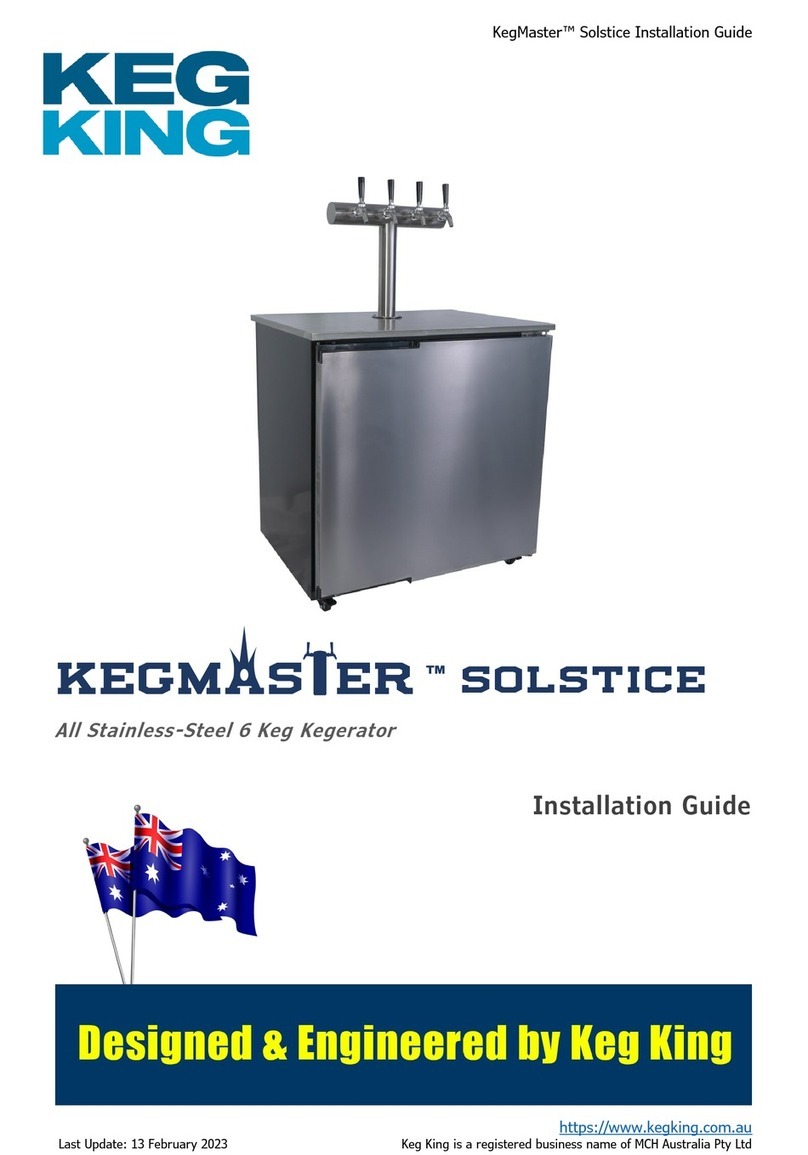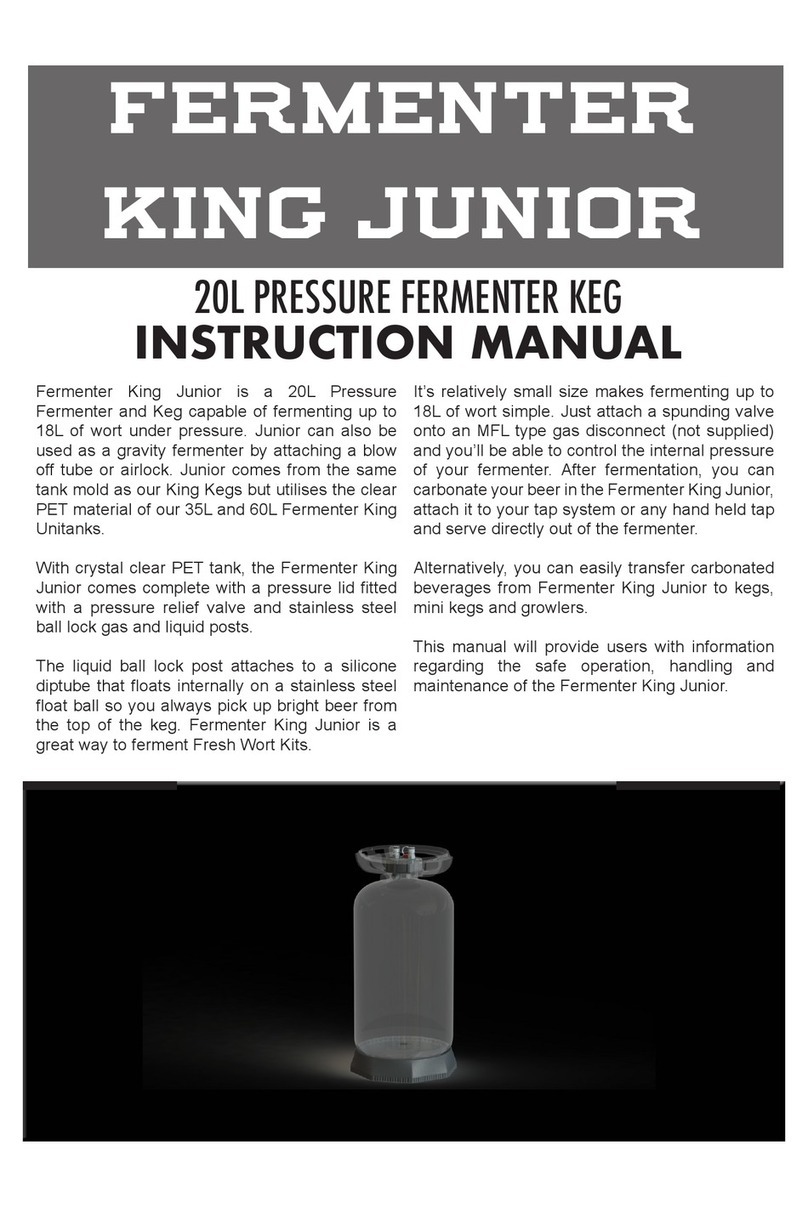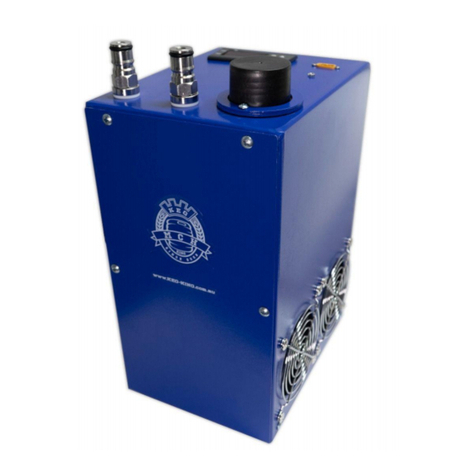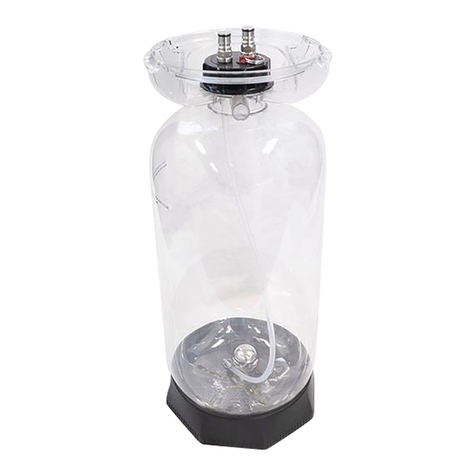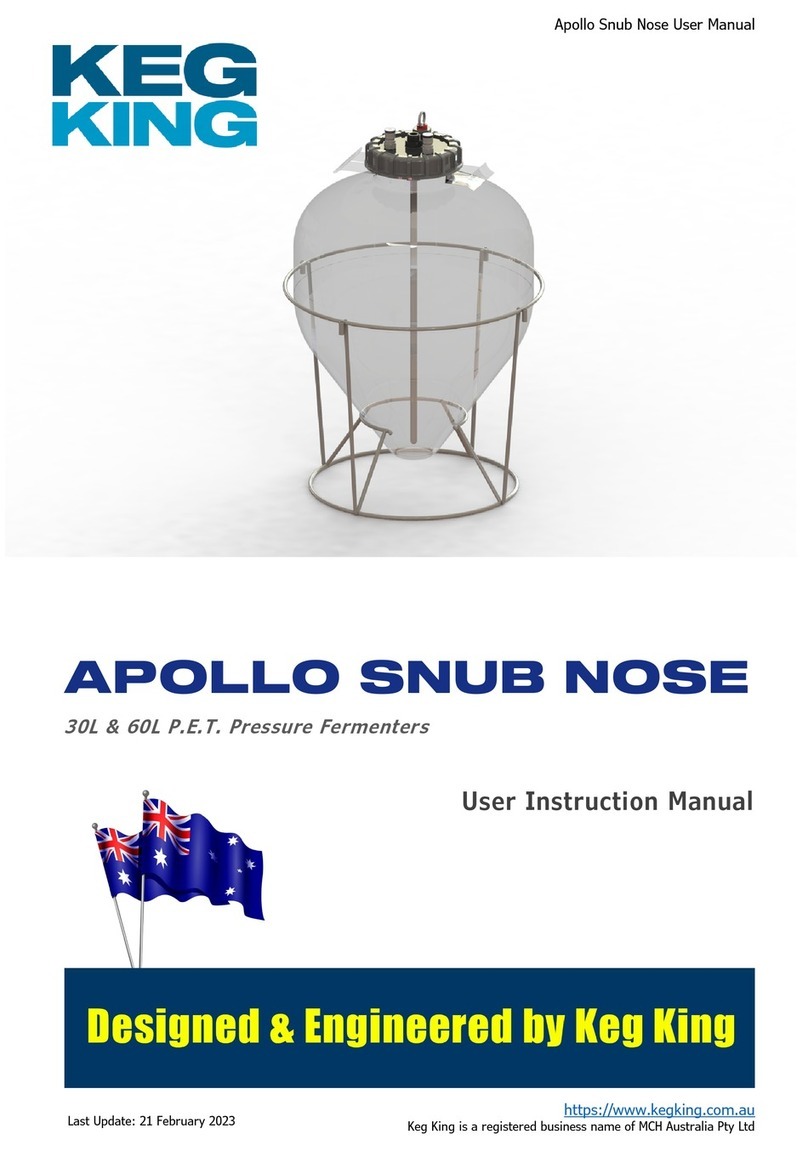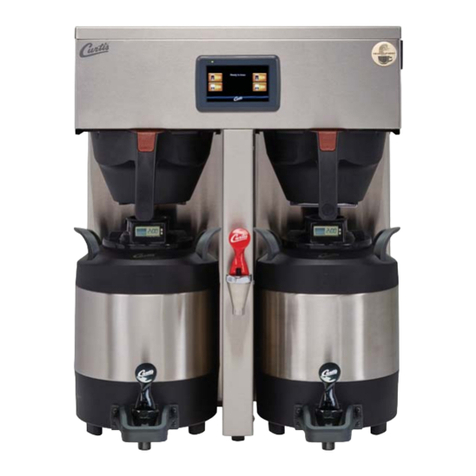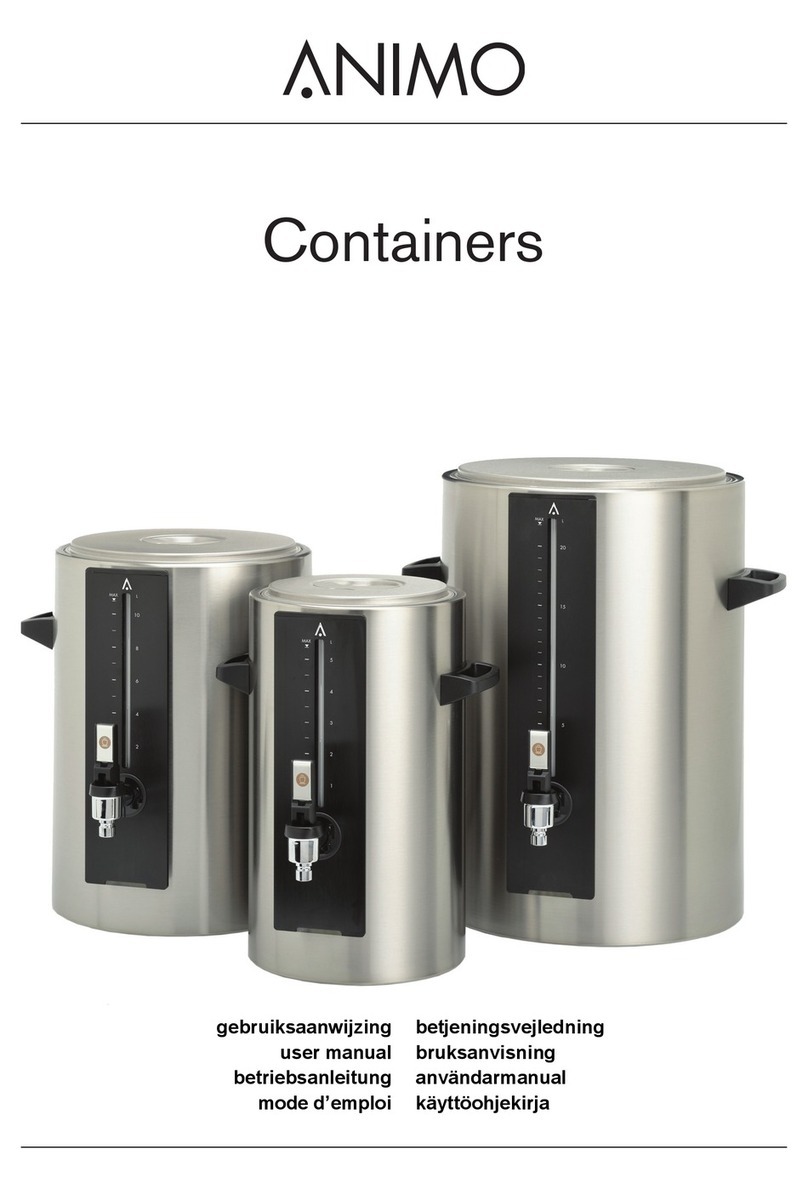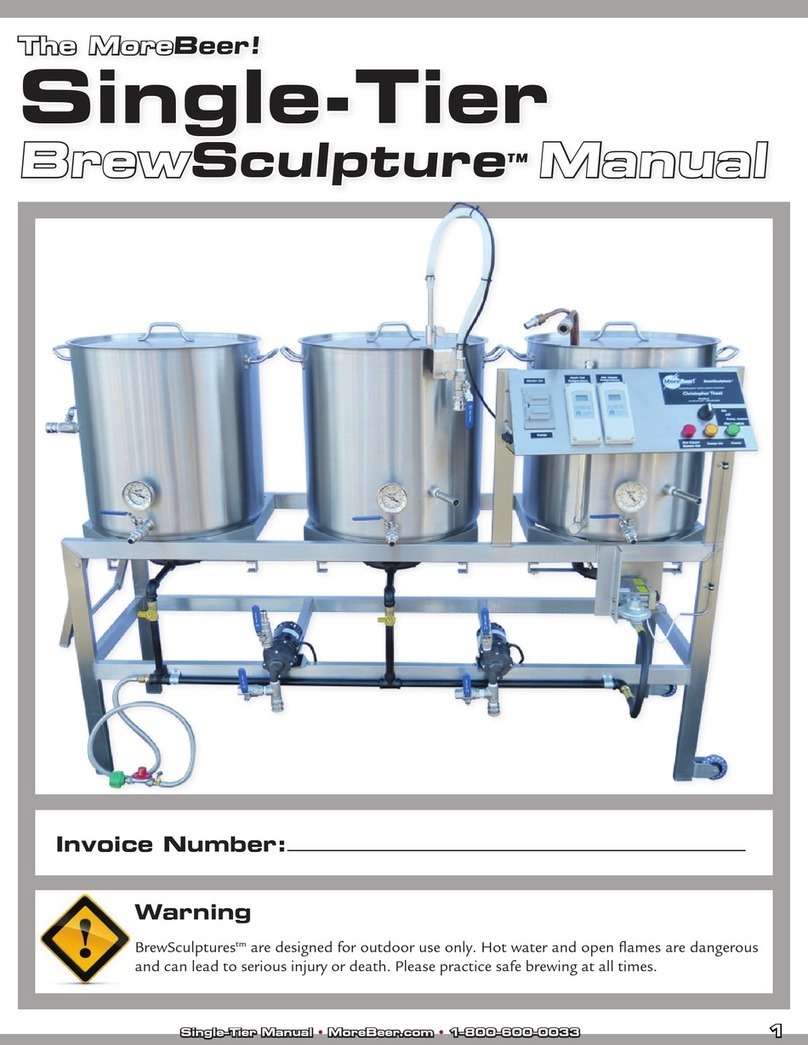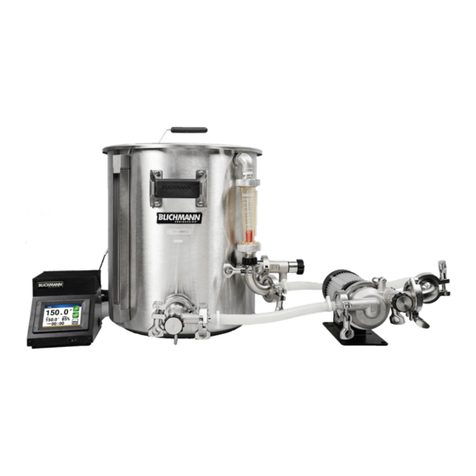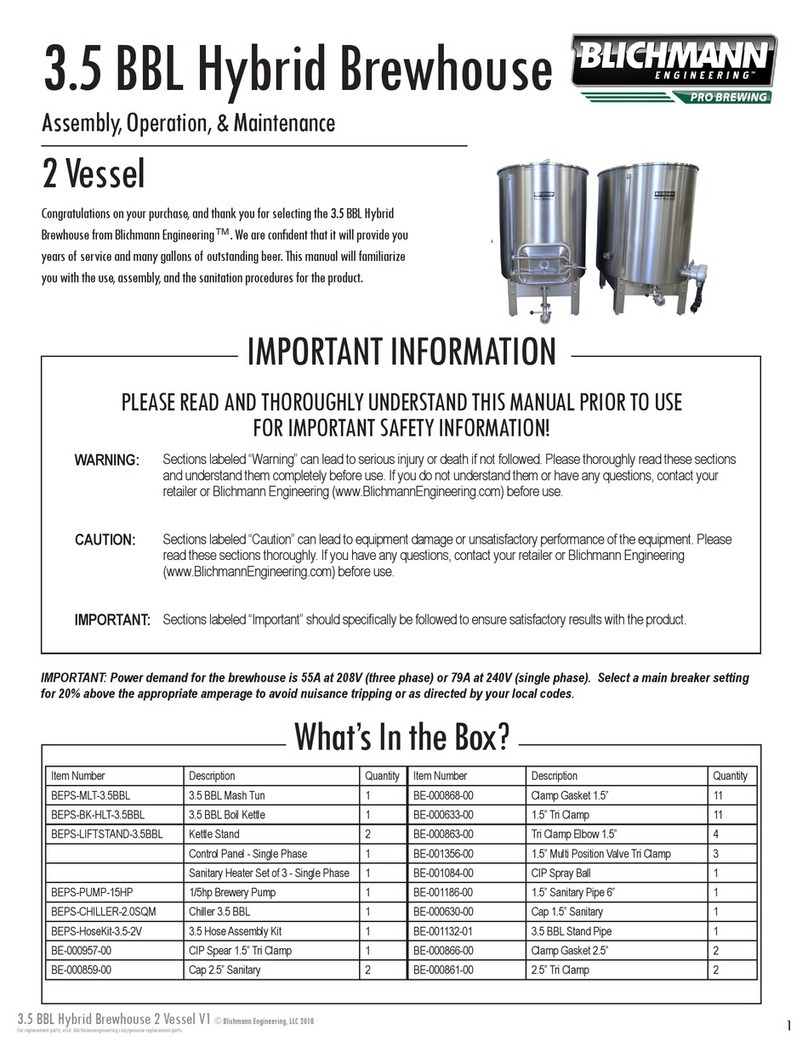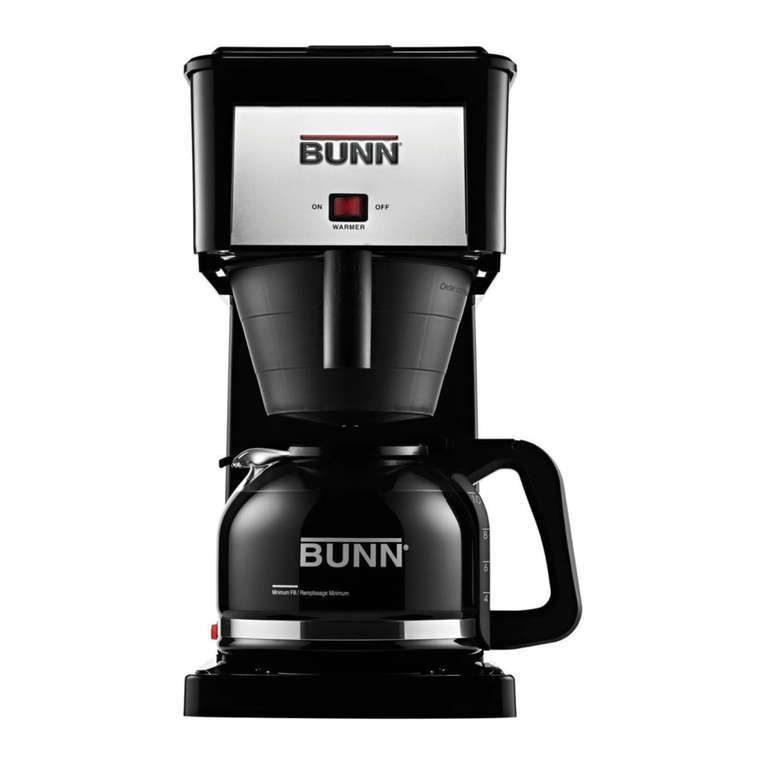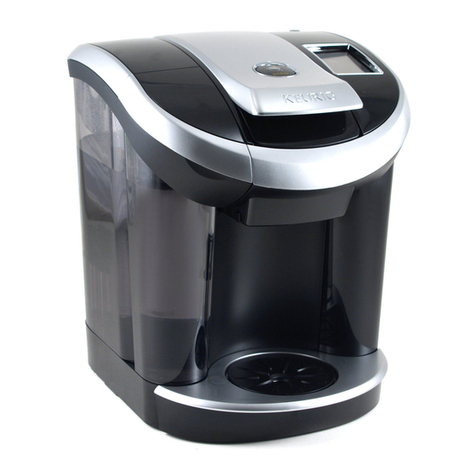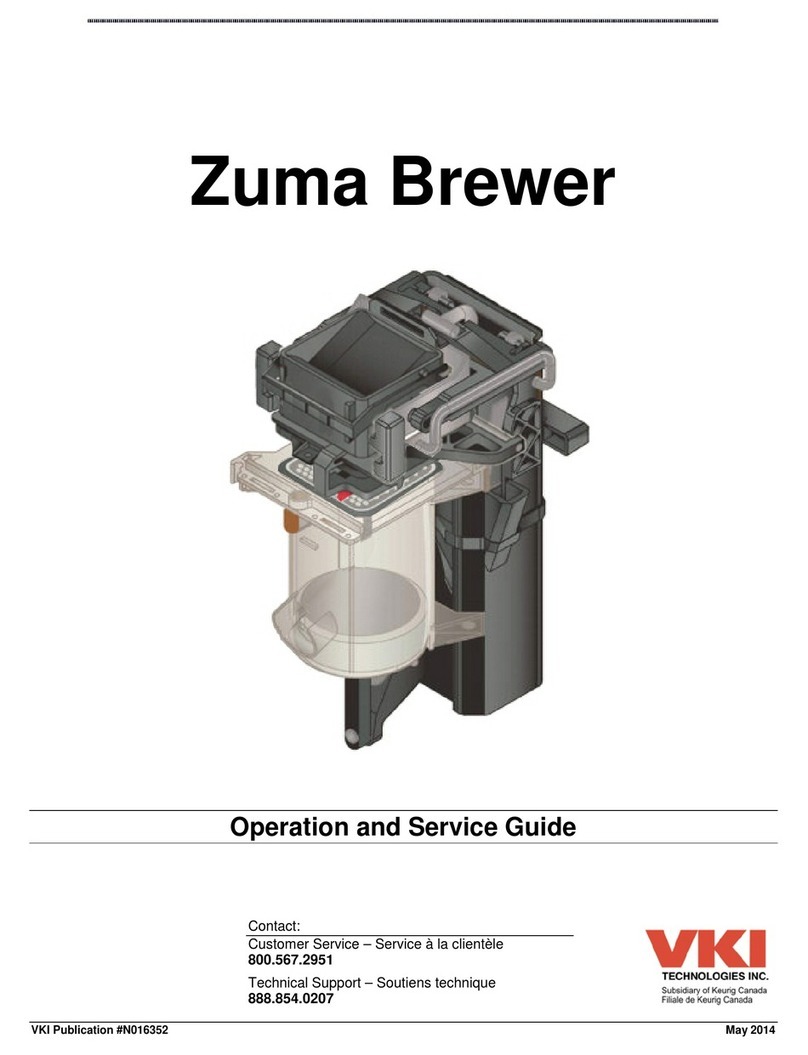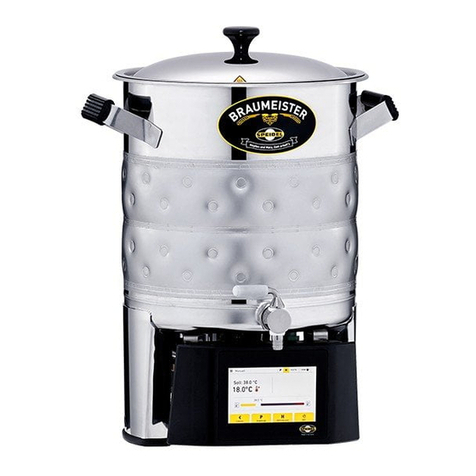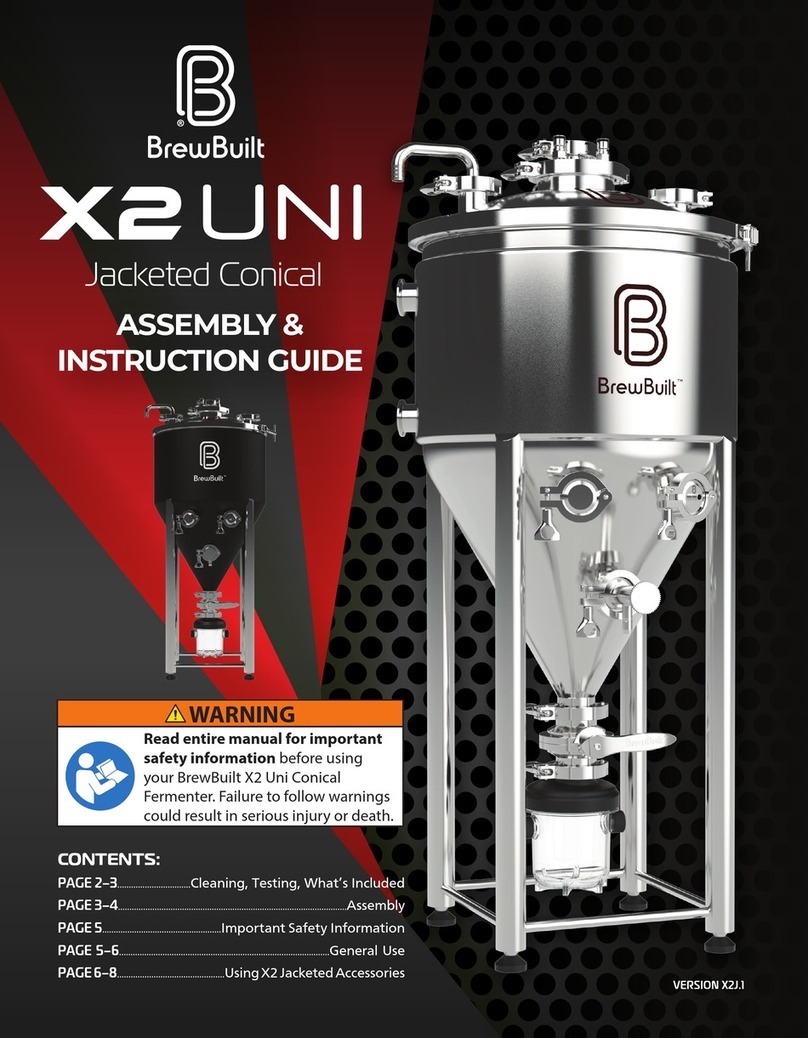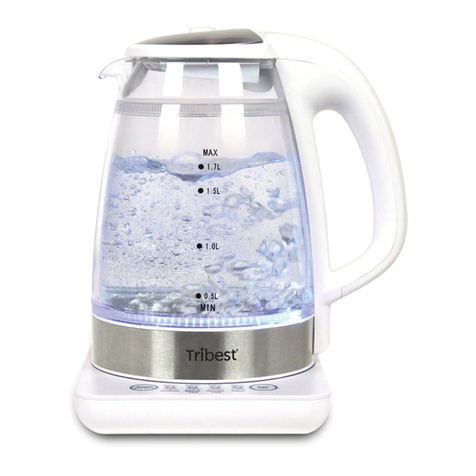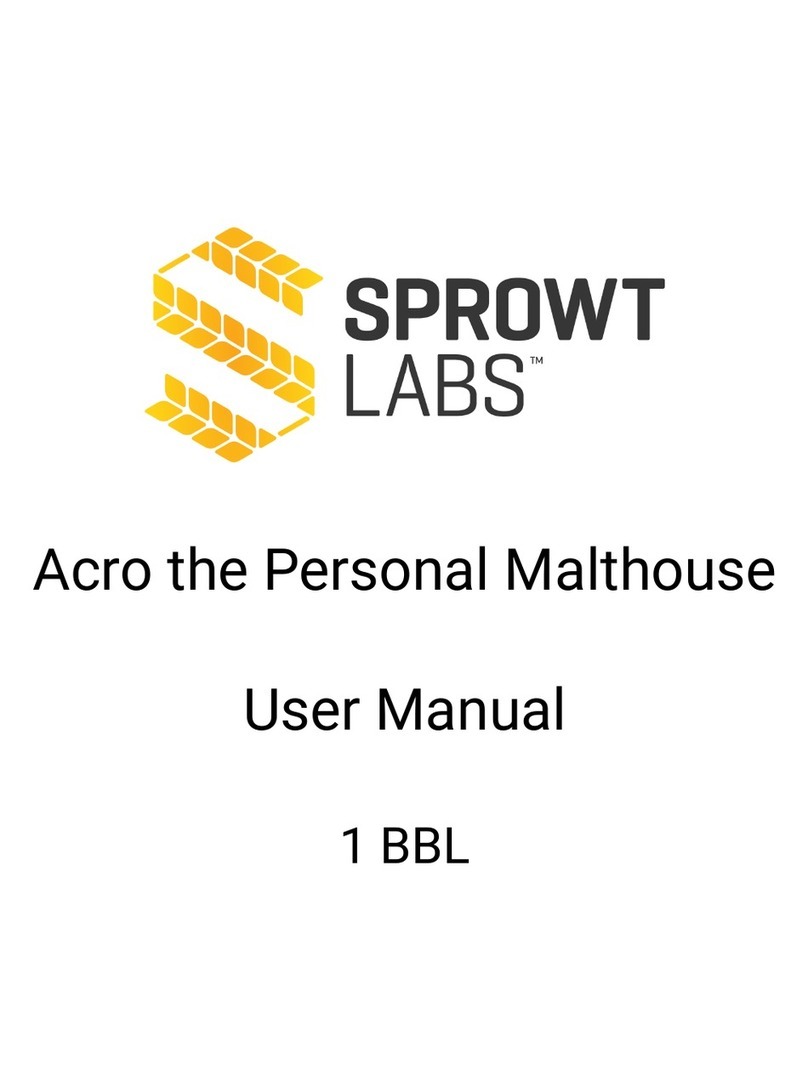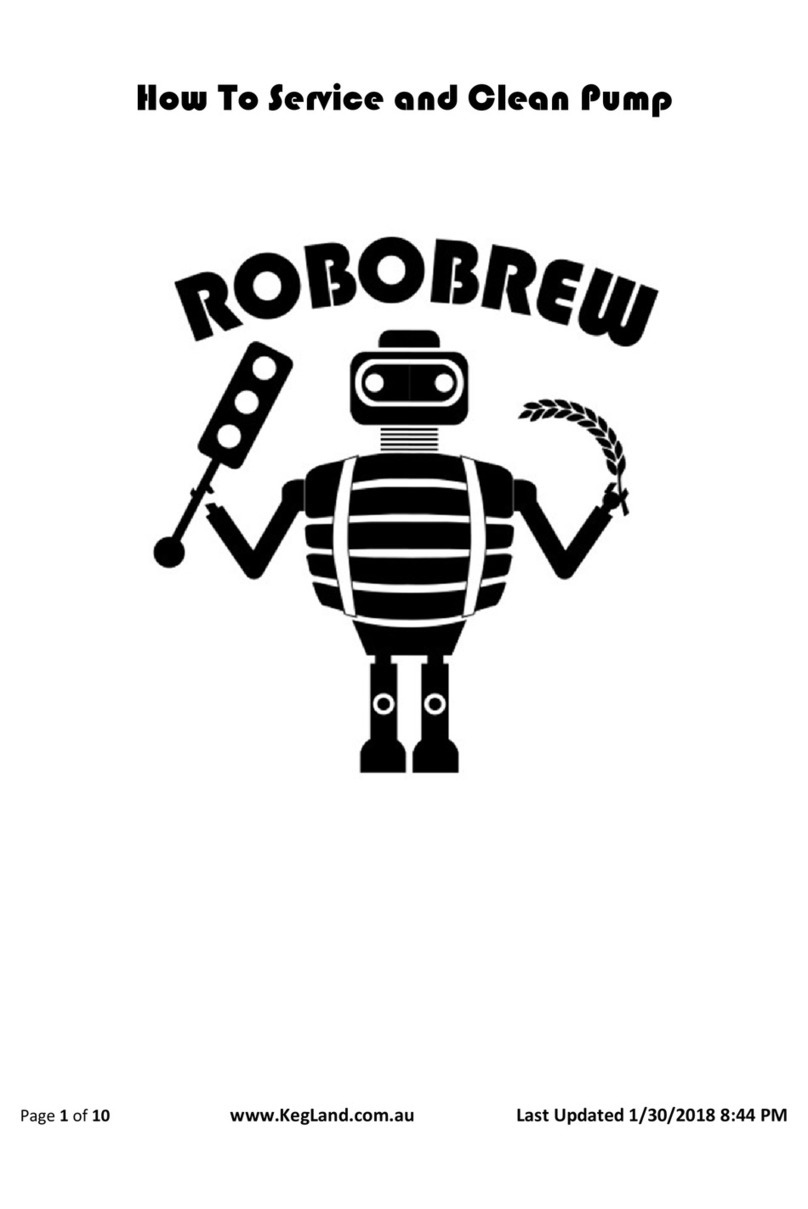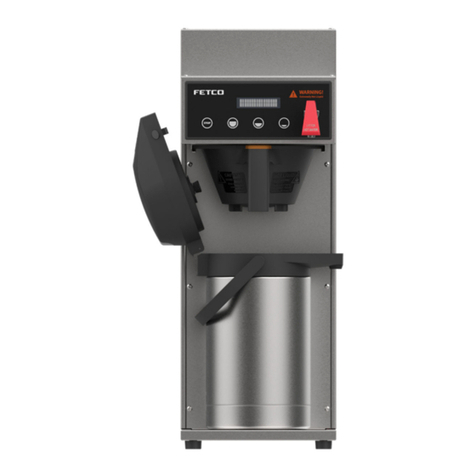Table of Contents
Warnings and General Safety ................................................................................................................................... 2
Keg King....................................................................................................................................................................... 4
Introduction ................................................................................................................................................................. 5
Unboxing...................................................................................................................................................................... 5
Included Items ........................................................................................................................................................ 5
Getting to Know the Unit........................................................................................................................................... 6
The Control Panel................................................................................................................................................... 6
Initial Set Up ................................................................................................................................................................ 6
Door Orientation..................................................................................................................................................... 7
Defrosting the KegMaster™Kegerator .................................................................................................................... 8
Calibrating your KegMaster™Series 4 Kegerator.................................................................................................. 8
When to calibrate your KegMaster™Series 4 Kegerator.................................................................................. 8
How to calibrate your KegMaster™Series 4 Kegerator?.................................................................................. 8
About Kegs and Kegerators ...................................................................................................................................... 9
Commercial Kegs ................................................................................................................................................... 9
A-Type.................................................................................................................................................................. 9
D-Type ................................................................................................................................................................. 9
S-Type .................................................................................................................................................................. 9
Setting up Commercial Keg Couplers ........................................................................................................... 10
Home Brewing Kegs ............................................................................................................................................ 10
Ball Lock ............................................................................................................................................................ 10
Pin Lock ............................................................................................................................................................. 10
Setting Up Beer and Gas Lines............................................................................................................................... 11
Using Stepless Clamps......................................................................................................................................... 11
Using Push-In Fittings.......................................................................................................................................... 11
Plumbing your Kegerator .................................................................................................................................... 12
For Home Brew Kegs (Ball or Pin Lock Disconnects)................................................................................ 12
For Commercial Kegs (usually 50L) .............................................................................................................. 12
Balancing your Keg System with CO2............................................................................................................... 13
Carbonation Level ............................................................................................................................................ 13
Keg Storage Temperature............................................................................................................................... 13
Beer line diameter and length adjustment.................................................................................................... 13
CO2Conversion Chart ..................................................................................................................................... 14
Attaching and Removing Taps from the Font ............................................................................................. 15
IMPORTANT –C02Pressure Check ................................................................................................................. 15
CO2Consumption Rate.................................................................................................................................... 15
Additional Keg King KegMaster™Accessories .................................................................................................. 16
Fonts and Taps ..................................................................................................................................................... 16
Tap / Faucet Plugs and Brushes........................................................................................................................ 16
Beer Line Cleaning Equipment........................................................................................................................... 16
